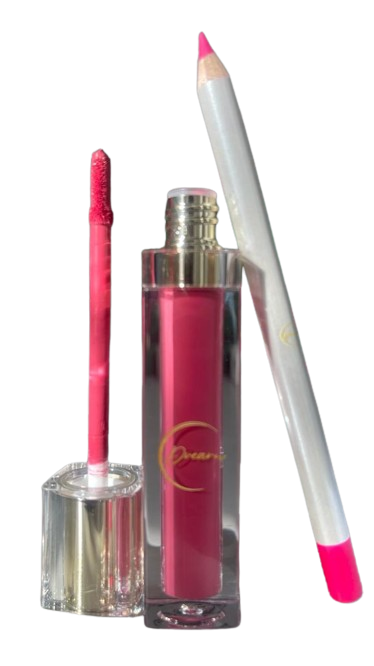December 29, 2024
0
The principles of cosmetics revolve around the formulation, safety, efficacy, and ethical considerations involved in creating products designed for personal care, beautification, and hygiene. Here are the key principles of cosmetics:

1. Safety
- Toxicity and Irritation: The primary principle of cosmetics is ensuring that products are safe for use. This includes using ingredients that do not cause harm, irritation, or adverse reactions to the skin or body.
- Patch Testing and Clinical Trials: Many cosmetic products undergo dermatological testing to confirm they are non-irritating and safe for different skin types.
- Compliance with Regulations: Cosmetics must meet the safety standards set by regulatory agencies like the FDA (in the U.S.), the European Medicines Agency (EMA), or other national regulatory bodies. This ensures that the product is safe for consumer use.
2. Efficacy
- Achieving Desired Results: Cosmetics must be formulated to perform the function they claim. This could include moisturizing, enhancing appearance, cleansing, sun protection, or anti-aging effects.
- Ingredient Effectiveness: Active ingredients (like retinoids, peptides, antioxidants, etc.) should deliver the promised benefits, backed by scientific evidence and clinical testing.
- Formulation Stability: The product must remain effective and stable over its shelf life, meaning it should not degrade, lose potency, or become harmful after a certain period.
3. Aesthetic Appeal
- Sensory Experience: Cosmetics are designed to enhance the sensory experience, which includes factors like texture, fragrance, appearance, and how the product feels during and after use.
- Visual Appeal: The packaging, color, and overall aesthetic should attract consumers while also ensuring the product’s function (e.g., easy to dispense, airtight to preserve ingredients).
4. Ethical Standards
- Cruelty-Free: Many modern cosmetic brands aim to be cruelty-free, meaning they do not test their products on animals.
- Sustainable Sourcing: The principles of sustainability guide companies to use responsibly sourced ingredients and packaging materials, minimizing the environmental footprint.
- Vegan Options: Some brands prioritize creating products free from animal-derived ingredients.
- Fair Trade: Ethical sourcing of raw materials, such as palm oil or shea butter, ensures that workers in the supply chain are treated fairly and compensated properly.
5. Skin Compatibility
- Different Skin Types: Cosmetic formulations must consider various skin types (dry, oily, sensitive, combination, etc.) and offer products that cater to each.
- Hypoallergenic and Non-Comedogenic: Many products are designed to be less likely to cause allergic reactions (hypoallergenic) or clog pores (non-comedogenic), important for people with sensitive skin or acne-prone skin.
6. Innovation
- Ingredient Innovation: The cosmetic industry is constantly evolving, with the discovery of new ingredients, technologies, and formulations that improve product performance and skin care benefits.
- Customization: Increasing demand for personalized products, such as customized skincare regimens based on individual skin needs or preferences, reflects the trend toward innovative, targeted cosmetic solutions.
7. Transparency
- Ingredient Labeling: Transparent labeling is essential to allow consumers to understand what is in the product, how it works, and whether it aligns with their personal values (e.g., vegan, organic).
- Clear Claims: Marketing and product claims should be truthful and substantiated by scientific evidence to avoid misleading consumers.
8. Marketing and Consumer Perception
- Brand Reputation: A brand’s image, built on quality, ethical practices, and customer trust, is essential for attracting and retaining consumers.
- Influence of Trends: Social media, influencer marketing, and celebrity endorsements play a significant role in shaping consumer perceptions and driving product adoption.
9. Regulatory Compliance
- Global Regulations: Depending on the market, cosmetics must comply with local laws regarding ingredient safety, labeling, and claims. For example, the European Union has stricter cosmetic product regulations than some other regions.
- Good Manufacturing Practices (GMP): Cosmetic products are produced in facilities that follow strict guidelines to ensure cleanliness, consistency, and safety in production.
In summary, the principles of cosmetics combine scientific formulation, safety, ethics, consumer preferences, and innovation to deliver products that meet both functional and aesthetic needs while adhering to strict regulatory and safety standards.
